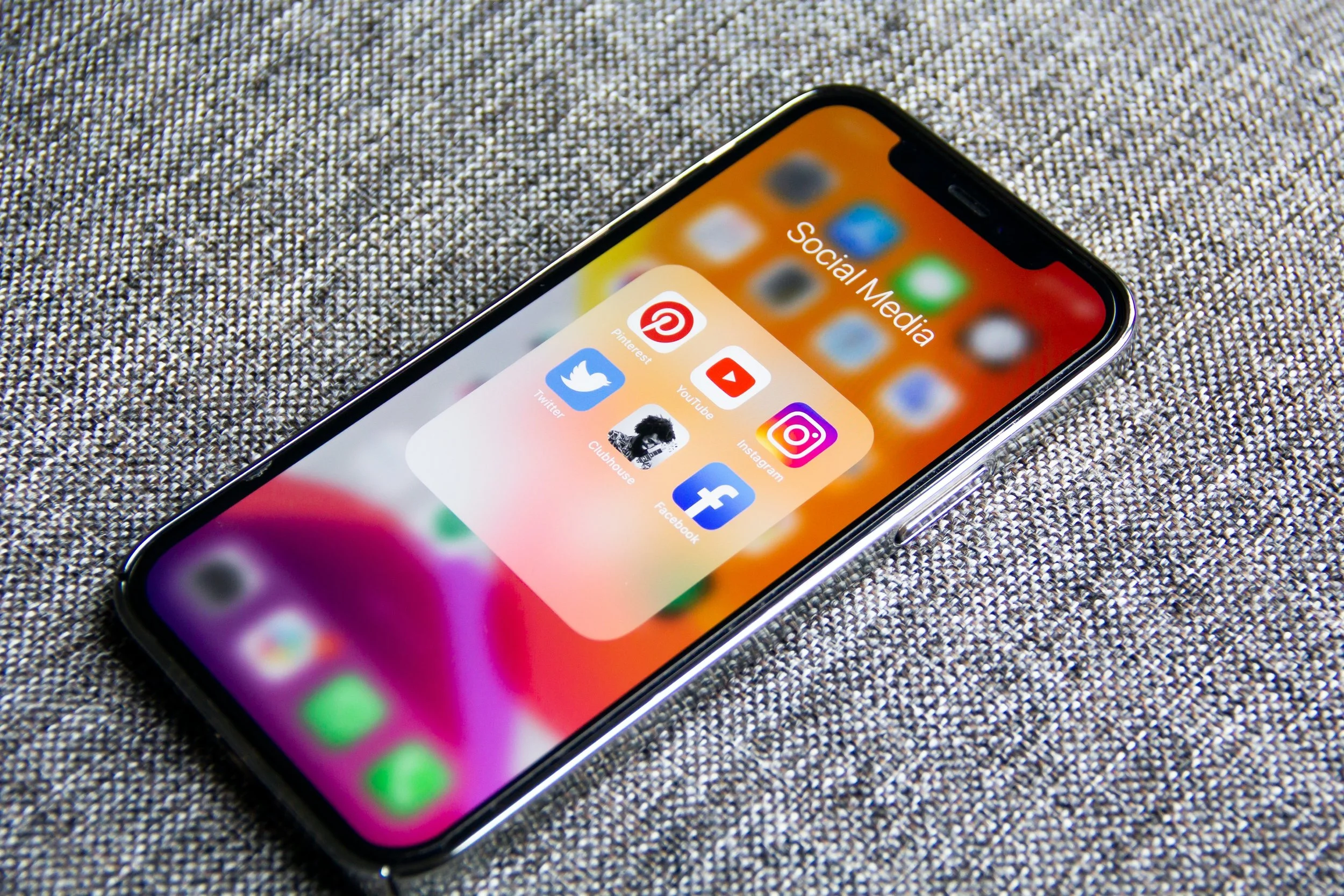Opinion | Social media’s distortion of love and image
Next time you post on social media, ask yourself why you are sharing it and for whom. Are you posting for validation or to connect with loved ones? Why do you want more likes? Unsplash
By Mauricio Luna, sophomore double business administration and economics double major
In his book, "How to Win Friends and Influence People," Dale Carnegie wrote, "When dealing with people, let us remember we are not dealing with creatures of logic. We are dealing with creatures of emotion, creatures bristling with prejudices and motivated by pride and vanity."
As a writer and lecturer, Carnegie taught people how to be more confident through the Daniel Carnegie course, which had 450,000 graduates over his lifetime. His insights on general human nature and psychology are still valuable today.
Humans are creatures of emotion. We often guide our thinking and actions on how we interpret emotions, and our pride and vanity are significant motivators. We appreciate being complimented (this is one of Dale Carnegie’s principles), especially if it's a genuine on, because our pride and vanity are being reinforced to a greater extent than just telling ourselves what we think.
This concept is an important one to note as it tells us a lot about our social media usage.
Social media is a globalized community where we can share, react and inform one another on any particular topic. As a tool, social media can be a positive invention that propels humans to better. However, we must recognize a particular aspect of social media that does not get sufficient recognition or thought: how we use our personal accounts.
Before dividing into the topic, I just want to emphasize that I am not trying to encourage you to delete your personal account or saying that it is a negative aspect. I am just merely trying to provide a new insight on how you see your account and how you typically use it.
On our personal accounts, in most cases (as creatures guided by our vanity) we often distort our image to portray an enhanced version of ourselves, sharing only the aspects of our lives that we are comfortable sharing. In response, people react positively to our posts, providing us with a stream of rewarding compliments that feed our pride.
This aspect of social media can become negative and toxic. The sole idea that we are portraying ourselves in an improved way through good photos and unique experiences should be alarming on itself. However, we need to still be able to recognize that there is a difference between genuine love from those who are close to us and shallow validation from strangers.
In reality this community of strangers — your followers — should not validate your opinion of yourself or vice versa, they shouldn’t make you self-conscious. Only those who genuinely love you and are relevant to your life should dictate those feelings through constructive criticism. As a society, we must be better at recognizing this distinction and the way we use social media will immediately change.
Social media is a relevant tool for our society that is here to stay and will continue to evolve. Nevertheless, we must be self-aware of its implications on our lives.The best exercise to become self-aware of what you are sharing and why you are doing it is to question yourself before posting anything online.
Next time you post on social media, ask yourself why you are sharing it and for whom. Are you posting for validation or to connect with loved ones? Why do you want more likes?
Social media is extremely useful to connect with people in a matter of seconds. Being granted a platform to express your opinion is equally important and being able to promote your image to someday become an influential figure is revolutionary, but don’t forget to stay in touch with what is truly valuable.
Comments of those who hold opinions that are transcendental to your development and how you perceive yourself are valuable things, likes, comments and followers not so much The underlying truth that proves my point is that most of your followers don’t even know you. They may know you on a superficial level, but they don’t truly know you.
Social media is a double-edged sword that can be both positive and negative, depending on how we use it. By being mindful of our intentions and the implications of our actions, we can use social media for the better.
Carnegie's quote reminds us that we are creatures of emotion and we must keep this in mind when using social media.

